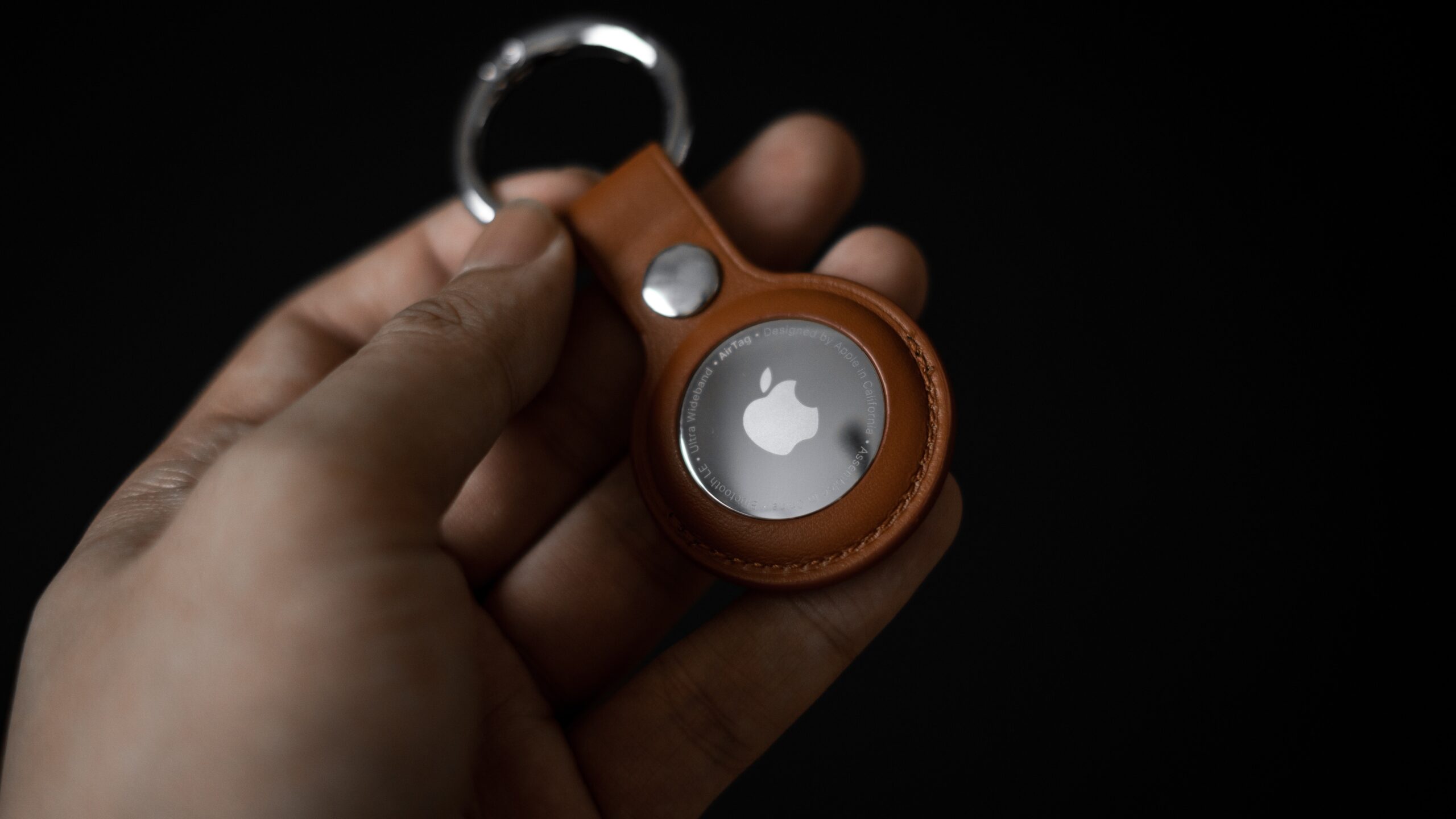By Chelsea Hensley, Certified Concierge Care Advisor
AirTags, Apple’s compact tracking devices, were designed to help users locate misplaced items like keys or bags. While some parents have adapted them to track their children in public spaces, using AirTags to track seniors who wander raises concerns.
This article explores the benefits, limitations, and ethical considerations of using AirTags to monitor seniors with dementia or other cognitive challenges.
The Appeal of AirTags
For caregivers, the idea of tracking a wandering senior with a small, discreet device like an AirTag may seem like a practical solution. Here are some perceived advantages:
- Ease of Use: AirTags integrate seamlessly with the iPhone Find My app, allowing caregivers to locate a tag’s position on a map in real time.
- Ping Functionality: A caregiver can “ping” the AirTag, causing it to emit a sound, potentially guiding the senior back to safety.
- Affordability: Compared to other GPS tracking solutions, AirTags are cost-effective.
Apple’s Stance on AirTags for Tracking People
Despite their functionality, Apple strongly advises against using AirTags to track people. The device was designed for inanimate objects, not individuals, and the company has implemented safeguards to prevent misuse.
Key Limitations for Senior Tracking:
- No Real-Time Monitoring: AirTags only show the last known location, which may not reflect a wandering senior’s current position.
- Limited Alerts: Unlike dedicated GPS trackers, AirTags do not provide notifications if the person leaves a designated area.
- Unreliable Attachment: If the AirTag is on a bracelet, necklace, or pocket, there’s no guarantee it will stay with the senior.
- Privacy Concerns: Using AirTags to monitor someone may infringe on their privacy or autonomy, raising ethical considerations.
Alternatives to AirTags for Seniors Who Wander
If you’re concerned about a loved one wandering, consider these purpose-built solutions:
- GPS-Enabled Wearables
Devices like GPS watches or pendants offer real-time tracking and can alert caregivers when the wearer leaves a predefined safe zone. - Medical Alert Systems
Many medical alert systems now include GPS tracking, allowing seniors to call for help while their location is monitored. - Smartphone Apps
Some apps, like Life360, provide family location sharing with customizable alerts and geofencing features. - Wandering Prevention Tools
Door and window alarms can alert caregivers if a senior attempts to leave the house unexpectedly.
Ethical Considerations
Tracking a loved one, even for their safety, is a deeply personal decision. It’s important to balance their autonomy and dignity with the need for security. Before implementing a tracking solution, consider:
- Consent: Discuss the use of tracking devices openly and involve the senior in the decision whenever possible.
- Purpose: Focus on safety and ensuring the senior’s well-being rather than constant surveillance.
- Privacy: Use tools that respect the senior’s right to privacy while providing necessary support.
A Tool, Not a Solution for Seniors Who Wander
While AirTags may seem like a convenient option for monitoring seniors who wander, their limitations make them less than ideal for this purpose. Instead, caregivers should explore dedicated tracking devices designed with seniors’ safety in mind.
If you’re navigating care options for a loved one, Concierge Care Advisors is here to guide you.
Contact us today to explore solutions tailored to your family’s needs.

























